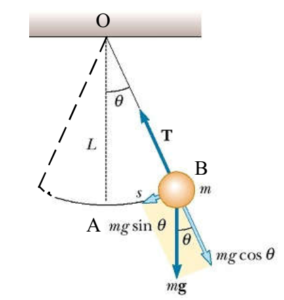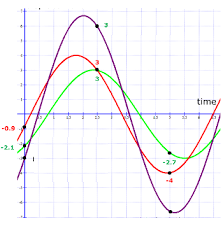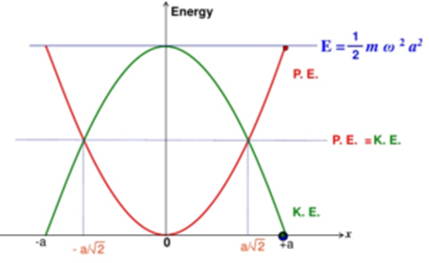Science > Physics > Oscillations: Simple Harmonic Motion > Theory of Simple Pendulum In this article, we shall study a concept of a simple pendulum, its characteristics. We shall also derive an expression for the period of a simple pendulum. A simple pendulum consists of a point mass suspended from a perfectly rigid support by […]
Categories
Theory of Simple Pendulum
- Post author By Hemant More
- Post date March 2, 2020
- No Comments on Theory of Simple Pendulum



